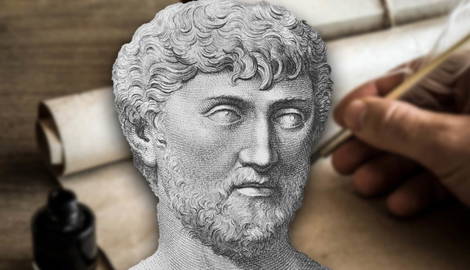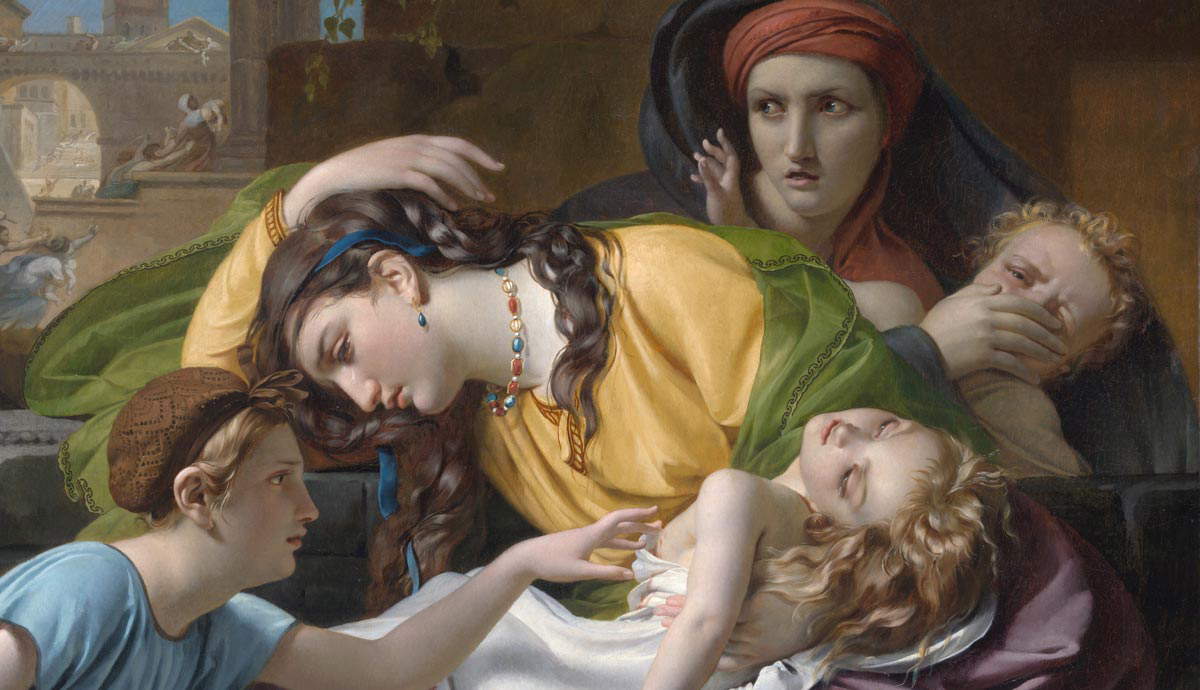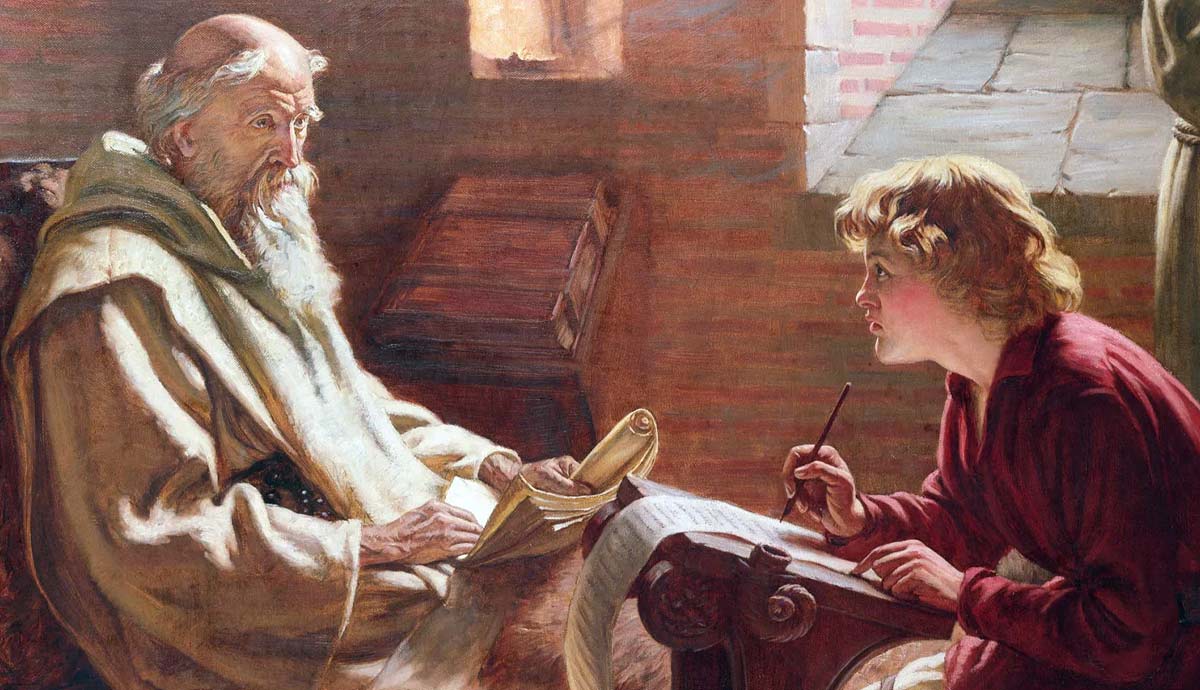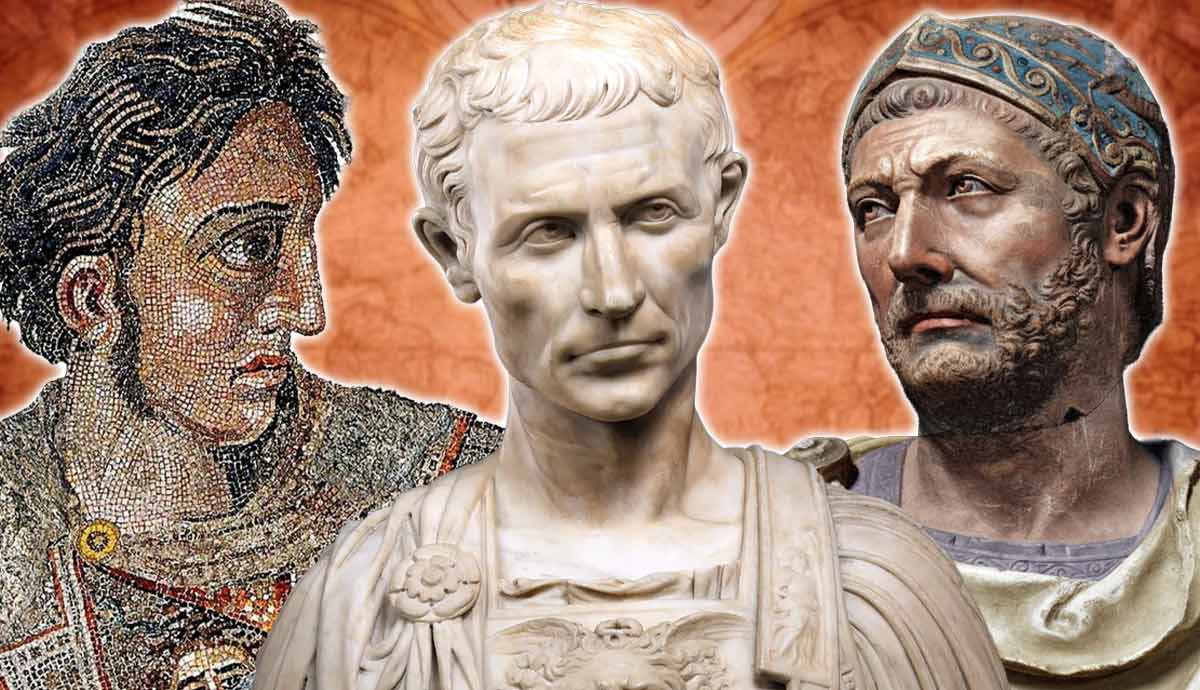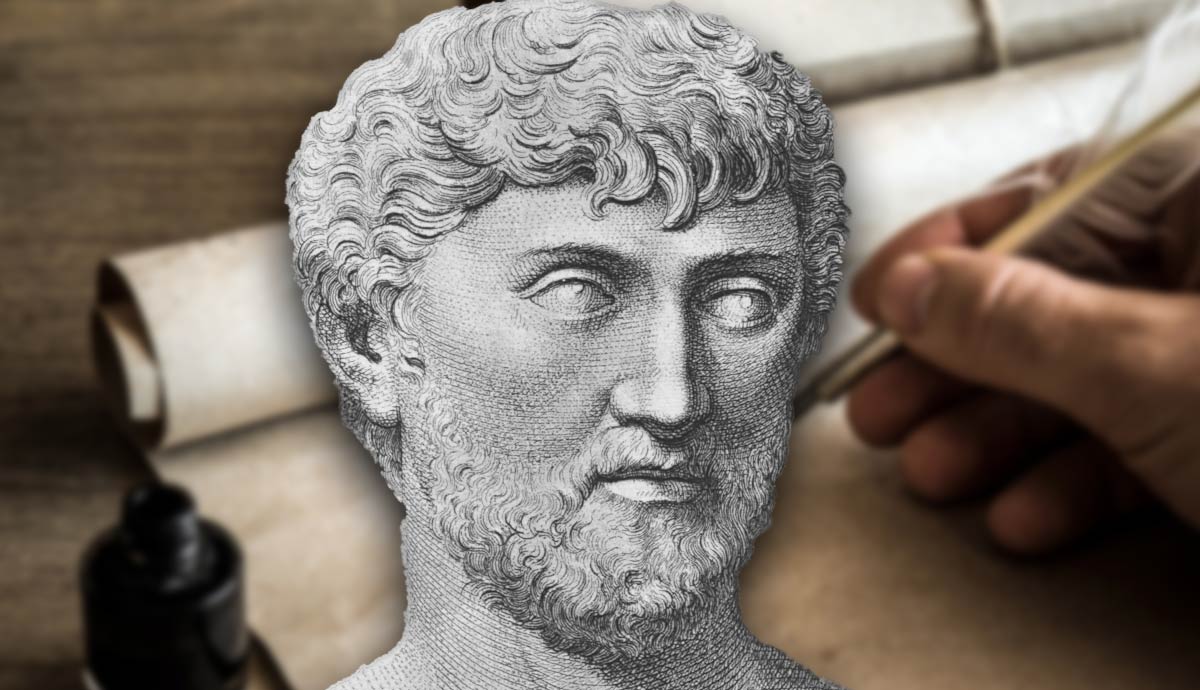
Ancient Rome produced so many significant historical figures—such as Julius Caesar, Cicero, Virgil, and Ovid—that it can be easy to forget the lesser-known but still important names. One of the most overlooked people is Titus Lucretius Carus, known simply as Lucretius, a philosopher and poet believed to have lived during the first century BCE. Because his life was largely undocumented, not much is remembered about him, but his contributions to the fields are still felt today.
Lucretius’s Life is Shrouded in Mystery

There are no dates for Lucretius’s birth or death, but he likely lived at the tail end of the Roman Republic. From his writing, it can be assumed that he was wealthy and well-educated. He was supposedly married to a woman named Lucilia. Scholars believe he was connected with Cicero and Virgil, as both men mentioned him in their works.
Saint Jerome, an early Christian priest, wrote that Lucretius was driven mad by a love potion and died by suicide. This portrayal of the poet was popular for a long time, but it is now widely rejected by academics as an attempt to discredit the writer.
Ultimately, although Lucretius is regarded as one of the most important figures in the history of Western philosophy and literature, very little is known about his life. Only two things are certain: He wrote “De Rerum Natura,” and he was an Epicurean.
The Poet Has Only One Known Work

Even though he is remembered as one of Rome’s greatest poets, Lucretius has only one known work: “De Rerum Natura” or “On the Nature of Things.” While widely revered, the nature of the account itself is complex. “De Rerum Natura” is, first and foremost, an epic poem. Comprised of over 7,000 lines of hexameter verse — a style favored in classical Greek and Latin literature, such as in the Iliad, Odyssey, and Aeneid — and six books, the piece remains today as one of the Latin-language masterpieces thanks to Lucretius’s vivid imagery, rhetorical flourishes, and eloquent prose.
However, unlike others of its form — which charted heroes’ quests, epic battles, and adventure-filled journeys — “De Rerum Natura” focuses on philosophy. The poem is a comprehensive exposition of Epicureanism and explores various aspects of the natural world, human existence, and the universe through the eyes of its philosophy.
He Was A Proponent of Epicureanism

Lucretius wrote “De Rerum Natura” to educate Romans on Epicureanism because the poet himself was a huge proponent of it. Although it is unclear how — or when — Lucretius became exposed to the Greek philosophy, it had been around for over two hundred years by the time he began writing. Grounded in a materialistic view of the universe, the philosophy holds that pleasure is the highest good and believes that community is essential to living a good life. It also advocates for letting go of fears, avoiding pain, and practicing a lifestyle of simplicity and self-sufficiency.
Epicurean ideas were popular but controversial. The philosophy reached its height during the later years of the Roman Republic — right around when Lucretius would have been alive and writing — before dying out in late antiquity. It experienced a revival centuries later, partly due to the rediscovery of “De Rerum Natura.”
Lucretius’s Work Made a Lasting Mark

Lucretius’s life may not have left an imprint on history, but “De Rerum Natura” did. His work is widely admired for its artistic form, regardless of its content. When its popularity surged during the Renaissance, it influenced writers such as Petrarch and Montaigne. Similarly, Lucretius’s emphasis on the power of poetry to convey complex philosophical ideas has left a mark on the literature. The Epicurean content played an important role in shaping the development of Western philosophy, and despite being relatively obscure during his own time, Lucretius’s work profoundly influenced other philosophers such as Thomas Hobbes, John Locke, and Friedrich Nietzsche.
